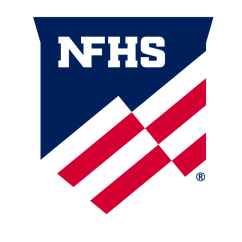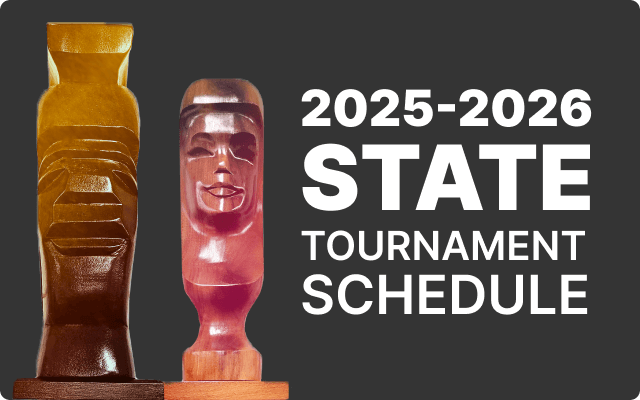The NFHS Voice

 The NFHS Voice
The NFHS Voice
In High School Sports, “Commit” is a Verb, Not a Noun
Dr. Karissa L. Niehoff, NFHS Executive Director
When is “commit” not a verb? According to Webster’s never – that is unless the reference is to where the high school’s star quarterback is headed to college.
Even in game stories, the “top” players on high school teams are often referred to as a “(name of college) commit.” It seems innocent enough, but the continual focus on a player’s advancement to the next level is concerning given the current – and future – landscape of college sports.
With the NCAA’s recent decision to allow athletes to earn compensation for their name, image and likeness, high school sports governed by the NFHS and its member state associations will be the last bastion of pure amateur competition in the nation. And it must remain that way.
Although we recognize that this decision by the NCAA was perhaps inevitable as a result of the earlier “Fair Pay to Play Act” by California Governor Gavin Newsom, we are concerned that it will further erode the concept of amateurism in the United States.
While only about one percent of high school boys basketball players and about 2.8 percent of high school 11-player football players will play at the NCAA Division I level, the perks offered to attend certain colleges will be enhanced and recruiting battles could escalate. Current issues with parents pushing their kids into specialization in the fight for scholarships could intensify as they consider the “best offer” from colleges.
This weakening of the amateur concept at the college level must not affect the team-based concept in education-based high school sports. The age-old plan of colleges relying on high schools for their players will continue; however, high school coaches and administrators must guard against an individual’s pursuit of a college scholarship overriding the team’s goals.
As the new model develops at the college level, the education-based nature of high school sports must be preserved. These programs cannot become a training ground or feeder program for college sports.
Instead, the focus should be on the millions of high school student-athletes who commit (an action verb) to being a part of a team and gain untold benefits throughout their high school days. Some of these individuals will play sports at the college level and move on to their chosen careers; others will take those values of teamwork, discipline and self-confidence from the playing field directly into their future careers.
Dr. Karissa L. Niehoff is in her seventh year as chief executive officer of the National Federation of State High School Associations (NFHS) in Indianapolis, Indiana. She is the first female to head the national leadership organization for high school athletics and performing arts activities and the sixth full-time executive director of the NFHS. She previously was executive director of the Connecticut Association of Schools-Connecticut Interscholastic Athletic Conference for seven years.









